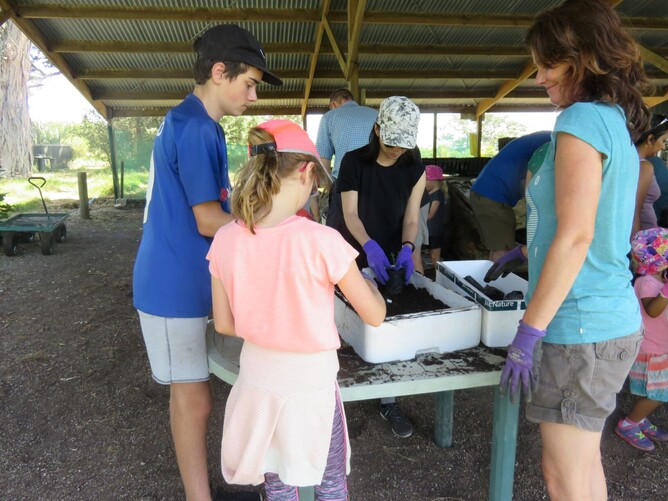Written by Sharon McGaffin - According to one dictionary definition, a volunteer is “one who offers service”. Many organisations in New Zealand would be unable to carry out their work without the help of people who offer their services for free, e.g., the Fire Service, Citizens Advice Bureaus, Coastguard New Zealand, and opportunity shops. The work of volunteers contributes a lot of value to our country. NGOs, charities, social enterprises, environmental groups, sports teams, all rely on volunteers to function. New Zealand’s ambitious goal of becoming predator-free by 2050 will only be achieved through many hours of work carried out by hundreds of volunteer conservation groups. Volunteering New Zealand figures show that volunteers contribute about 159 million hours of free labour each year estimated to be worth $4 billion to our economy.
Retirees don’t suddenly lose all the knowledge and skills they have developed during many years of paid employment and bringing up families. They are a deep reservoir of knowledge, skills and wisdom. Governance roles offer opportunities to use financial and administrative abilities acquired during time in the paid workforce. Support services such as the Blood Service and Meals on Wheels, hospices, schools, and hospitals require volunteers with empathy and people skills.
Volunteering also offers opportunities to learn new skills to people of all ages. Young people may find that offering their services shows a possible employer that they have the necessary work ethic and attributes to be successful in an area of interest to them, possibly leading to paid employment. Volunteering can help new graduates develop practical skills in their areas of academic study. Some corporates participate in the Employee Volunteering Programme, encouraging groups of employees to give back to their communities, while developing team skills.
Volunteering provides many personal benefits too. Recent research in the UK found that volunteering improved life satisfaction, increased happiness, and reduced depression and anxiety. Volunteer work provides us with a sense of purpose and opportunities to connect with others, meet new people and socialise. Men’s Sheds (Menzshed New Zealand) offer participants opportunities to share practical skills and work on personal and community projects while developing new friendships. A sheddie once remarked, “Ten months ago none of us knew each other, but now it feels like we all went to kindergarten together!” Service clubs such as Lions, Kiwanis and Rotary offer fellowship and opportunities to contribute to projects that benefit communities.
If you are interested in becoming a volunteer, check out the website of Volunteering New Zealand, www.volunteeringnz.org.nz. There are also seventeen Volunteer Centres throughout the country that you can contact by phoning 0800 865 268 or via links through the Volunteering New Zealand website.
While I whole-heartedly believe in the benefits of volunteering, I would like to offer a couple of words of warning. Be careful that you don’t over-commit. It is easy, with so many organisations needing help, to spread yourself too thinly. Also, be aware that sometimes people in charge forget you’re a volunteer, not a paid employee, and expect too much – you may have to remind them.
Volunteering, however, is a wonderful way to make use of your expertise, learn new skills, meet new people, and work in new environments, while contributing to your communities and your country.

